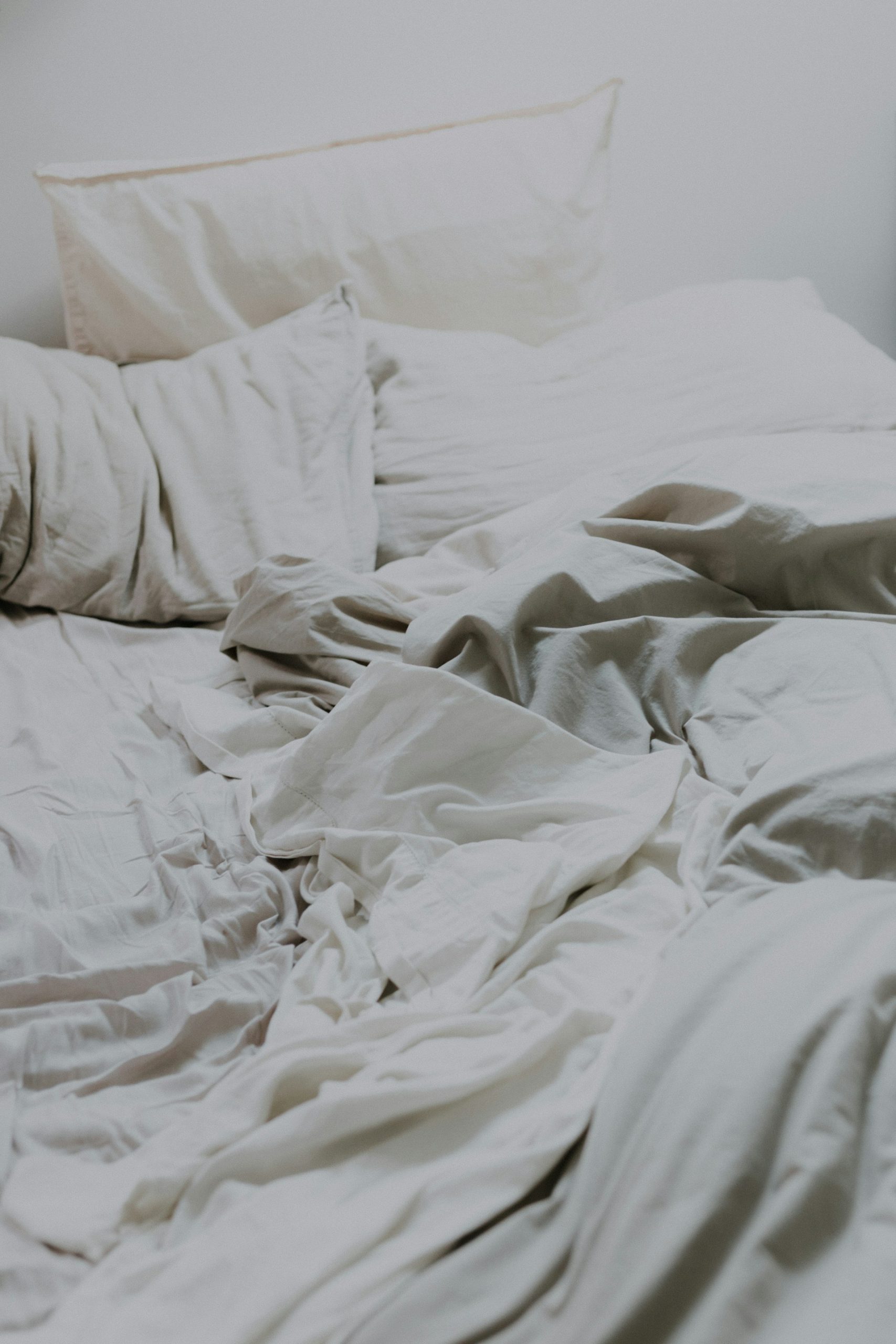By Ashley Barnes, M.S.
What is Sleep Awareness Week?
Sleep Awareness Week was launched in 1998 and is the National Sleep Foundation’s public education campaign with the aim to spread awareness about the importance of sleep as it relates to physical and mental health. This year, Sleep Awareness week will be March 10th through March 16th. Prepare your pillows and blankets!
The Importance of Sleep.
Many of us don’t recognize the importance of sleep until we discover the difficulties we face when we are sleep deprived. We may not acquire enough sleep due to staying up late cramming for an exam, staying up late to finish work, or struggling with sleep disorders such as insomnia or sleep apnea. Lack of sleep tampers with our mood, memory, and health in very impactful ways.
In terms of mood and mental health, studies have discovered that lack of sleep induces heightened levels of anxiety (Pires, 2016). Without adequate sleep, we can’t form or maintain new memories (National Institute of Neurological Disorders and Stroke, 2019). Studies have found that lack of sleep can impact our neurocircuitry in a way that leads us to select foods that are high in calories and carbohydrates, thus triggering weight gain and increasing risk of obesity (Greer, Goldstein, & Walker, 2013). Lack of sleep has been found to weaken our immune systems as well (National Sleep Foundation, 2020).
According to the National Sleep Foundation, the amount of recommended sleep per day is as follows: 14 to 17 hours for newborns 0-3 months old, 12 to 15 hours for newborns 4-11 months old, 11 to 14 hours for toddlers ages 1-2 years old, 10 to 13 hours for children 3-5 years old, 9 to 11 hours for children ages 6-13 years old, 8 to 10 hours for teenagers 14-17 years old, 7 to 9 hours of sleep for adults 18-64 years old, and 7 to 8 hours for individuals over the age of 65 (2020).
Though more research needs to be conducted to research why we need sleep as well as the benefits of adequate sleep, we do know that a healthy amount of sleep is critical for “brain plasticity,” which describes our brain’s capability to adapt to input from the world around us; additionally, sleep is researched to promote the removal of our brain cells’ waste products (Johns Hopkins Medicine, 2021).
Sleep Hygiene.
Sleep hygiene refers to healthy behaviors, habits and environmental factors that can be adjusted to help you have a good night’s sleep. The following are ways to enhance your sleep hygiene to improve your quality of sleep:
- Set a schedule: Establish a regular sleep schedule. Don’t sleep in for more than an hour, even on your days off.
- Avoid napping: Napping during the day makes sleep more difficult at night. Naps that are over an hour long or those that are later in the day can be harmful to your sleep schedule.
- Avoid caffeine, alcohol, marijuana, and nicotine: consuming caffeine, alcohol, marijuana, and nicotine can affect your ability to fall asleep, your quality of sleep, even if used earlier than a day.
- Use your bed only for sleep: If your body learns to associate your bed with sleep, you will start to feel tired when you lie down.
- Limit screen time: Blue light makes us more alert and is not conducive to sleeping. Limit screen time for at least 30 minutes before going to bed.
- Sleep in a comfortable environment: It is important to sleep in an area that is quiet, comfortable, and dark. White noise, fans, eye masks, and/or earplugs may help.
- Don’t force yourself to sleep: If you haven’t fallen asleep after 20 minutes, get up and do something calming, like reading, drawing, or writing in a journal.
- Exercise and eat well: A healthy diet and exercise can allow for better sleep. HOwever, avoid strenuous exercise and big meals for 2 hours before going to bed.
Let Us Support You!
At the Mental Health Center, we work with psychiatrists who are experienced in supporting and treating patients who struggle with sleep disorders like insomnia. Sleep disorders are often accompanied by mental health disorders, as lack of sleep may exacerbate mental health symptoms and mental health symptoms may negatively impact sleep quality.
Please contact the Mental Health Center today to be connected to doctors who can help treat your concerns with kindness and expertise!
Online Resources
- The National Sleep Foundation Website – provides sleep education and opportunities for advocacy.
- Sleep Hygiene Tips from the CDC – provides tips on how to get a better night’s sleep, often referred to as “sleep hygiene.”
References
Greer, S., Goldstein, A., & Walker, M. (2013). The impact of sleep deprivation on food desire in the human brain. U.S. National Library of Medicine. Retrieved December 9, 2021, from https://pubmed.ncbi.nlm.nih.gov/23922121/.
Johns Hopkins Medicine. (2021). The science of sleep: Understanding what happens when you sleep. Johns Hopkins Medicine. Retrieved December 9, 2021, from https://www.hopkinsmedicine.org/health/wellness-and-prevention/the-science-of-sleep-understanding-what-happens-when-you-sleep.
National Institute of Neurological Disorders and Stroke (2019). Brain basics: Understanding sleep. U.S. Department of Health and Human Services. Retrieved December 9, 2021, from https://www.ninds.nih.gov/Disorders/Patient-Caregiver-Education/understanding-Sleep.
National Sleep Foundation. (2020). How much sleep do you really need? National Sleep Foundation. Retrieved December 9, 2021, from https://www.thensf.org/how-many-hours-of-sleep-do-you-really-need/.
Pires, G.N., et al. (2016). Effects of acute sleep deprivation on state anxiety levels: A systematic review and meta-analysis. Sleep medicine. Retrieved December 9, 2021, from https://pubmed.ncbi.nlm.nih.gov/27810176/.


